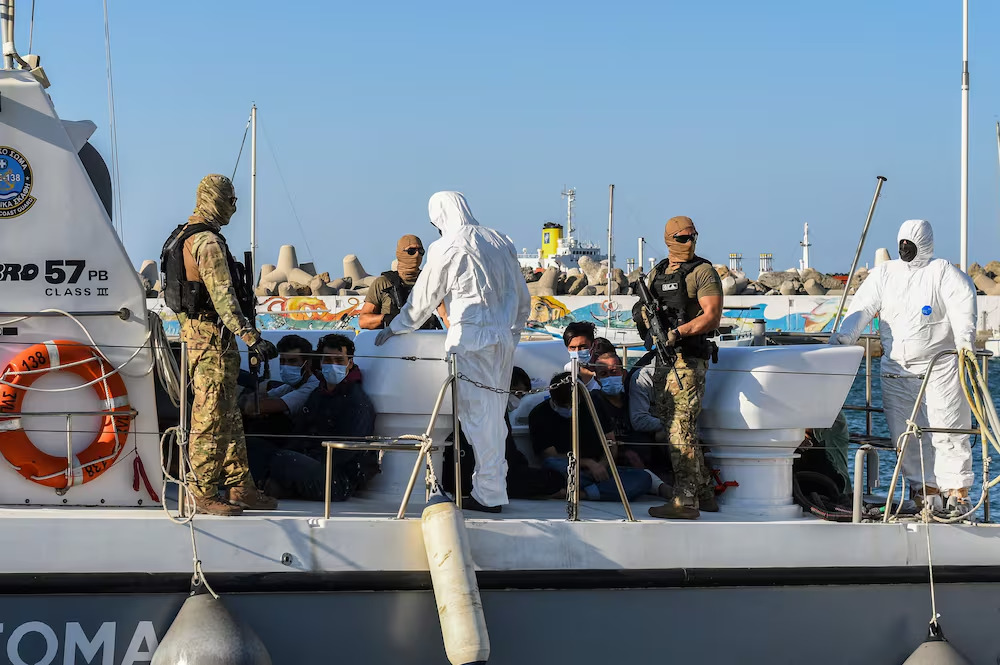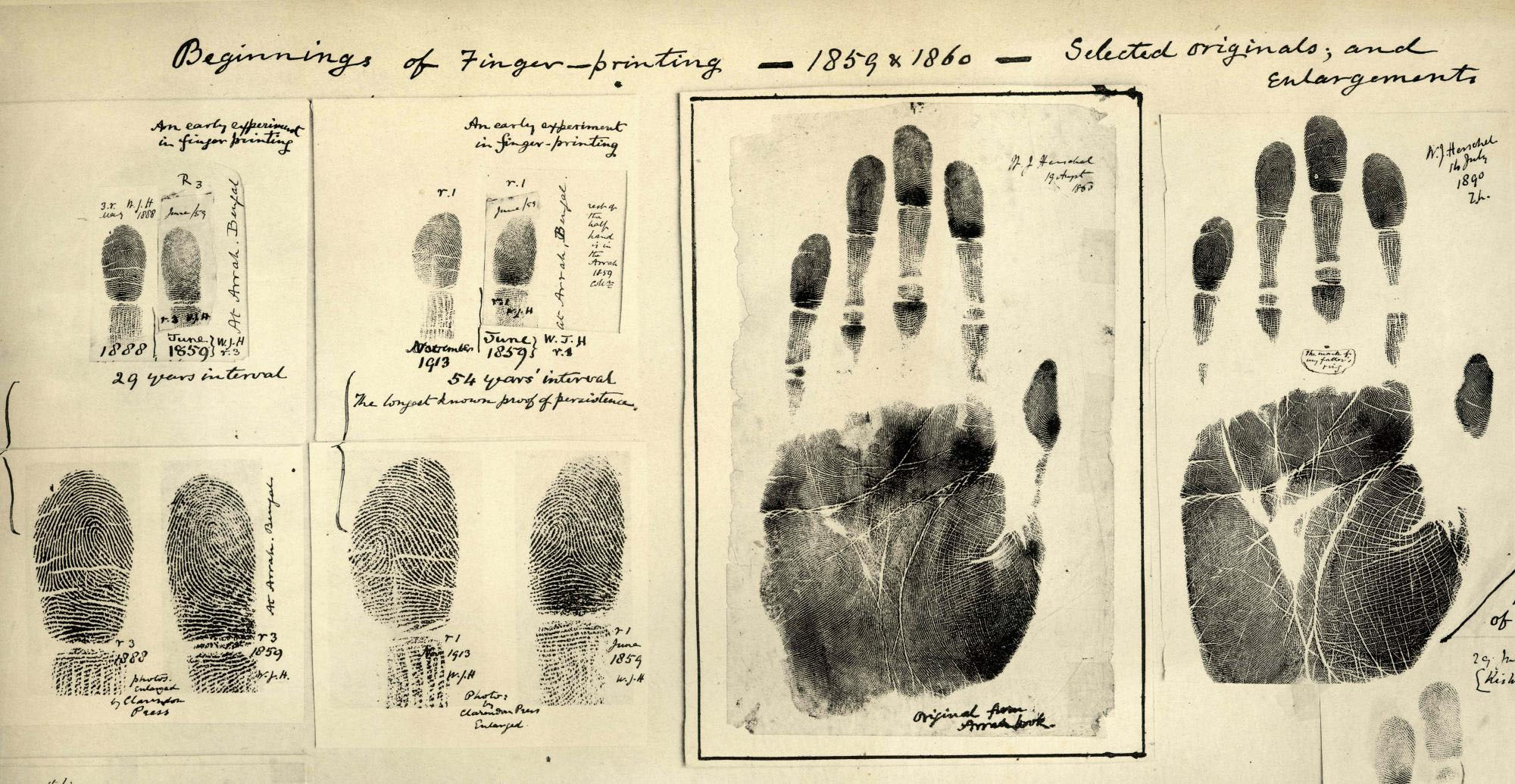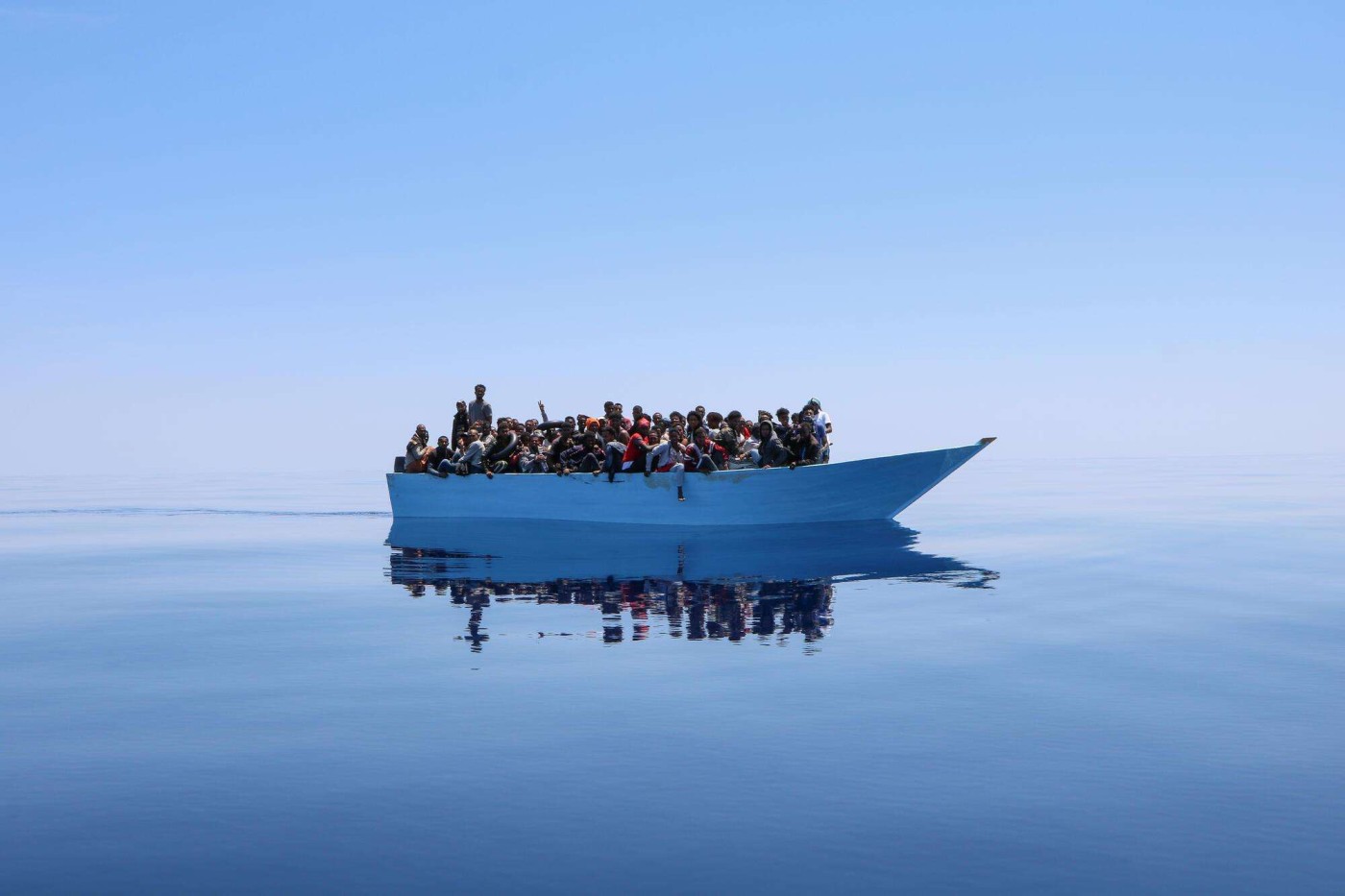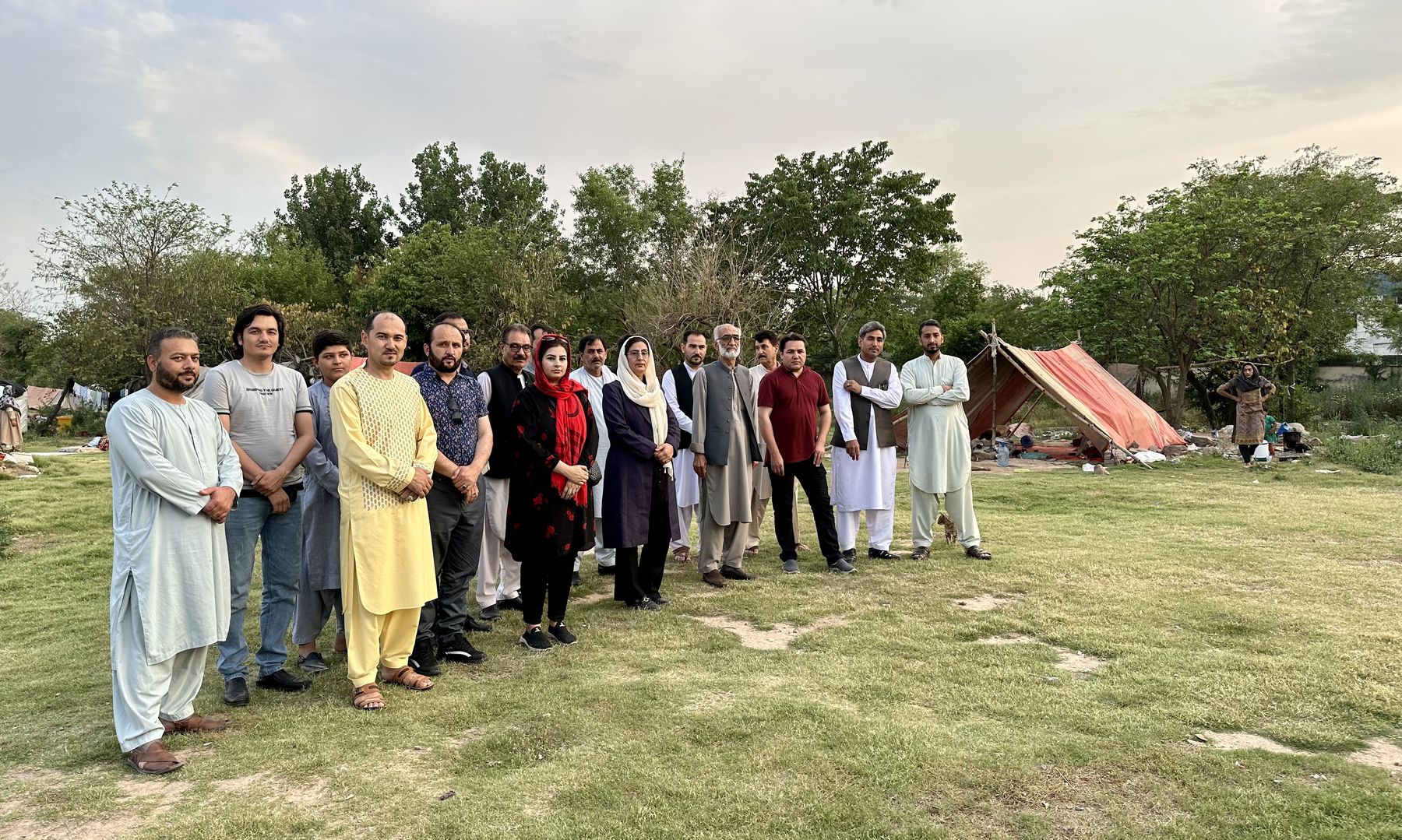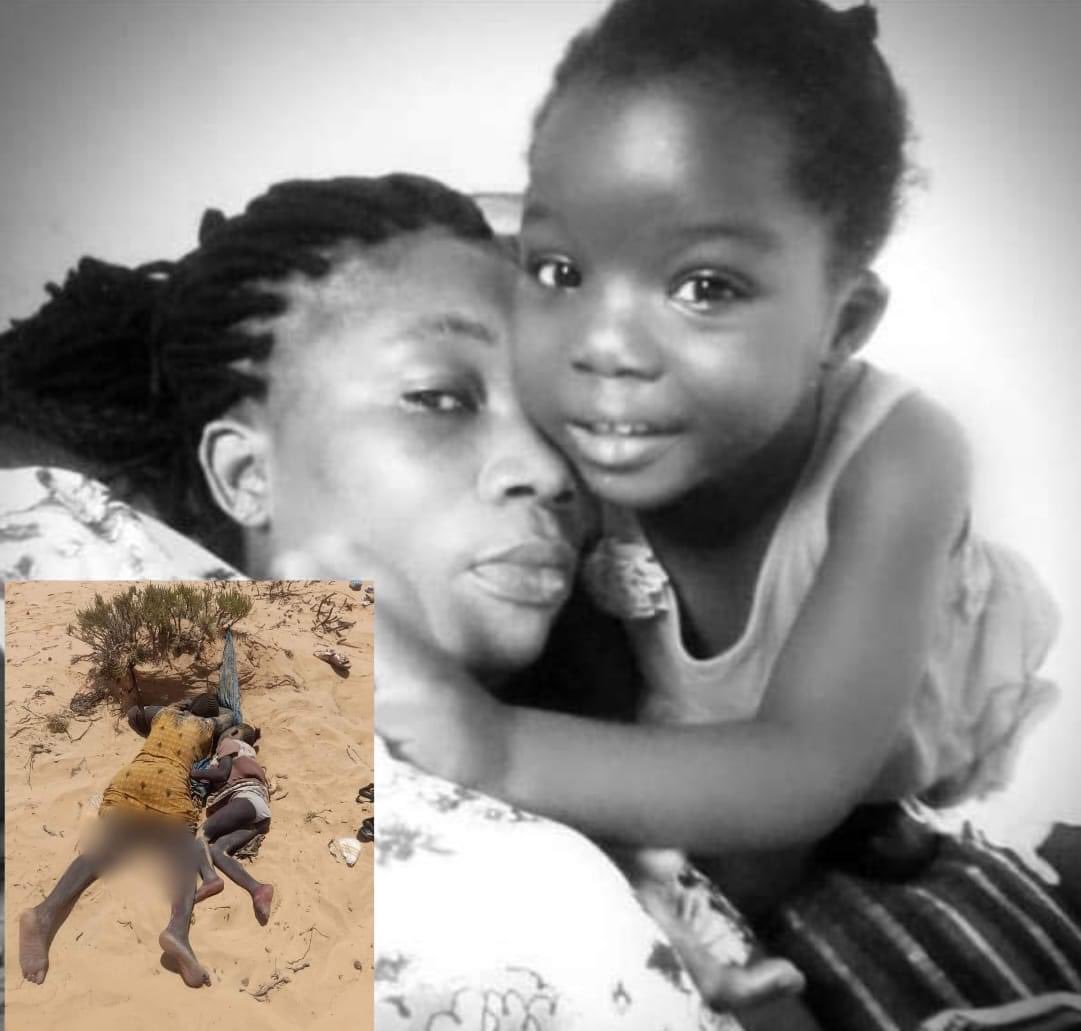“We don’t look at the reality of refugees and the suffering is still there”
- See Zubeldia Plazaola (1984) and Arantzazu Zubeldia Plazaola (1987) created the Erak association to publicize the migratory realities from the mouth of their protagonists. For these Oñati sisters, only these first-person messages allow us to make an empty human jump in the collective imagination.

During these weeks the Era association is bringing to different places in the Basque Country books, exhibitions and documentaries created by asylum seekers and refugees who have migrated to Europe, accompanied by talks organized with their authors. On 22 November, the documentary Nothing about us without us, by refugees residing in Lesvos, was screened at the Okendo House of Culture in San Sebastian.
Documentary by a group of young Afghan refugees who have taken the step of assuming the role of journalist in the Lesbos camp. Why is it so important to have them?
Look at Zubeldia. Because we cannot put ourselves in place. Because, because of the place and privilege that we have been born, and because of our understanding of normality, we cannot be in that situation. With all the empathy of the world.
"To tell about migratory realities, what better than what a migratory process has experienced on the skin?"
Arantzazu Zubeldia: To tell about migratory realities, what better than what a migratory process has experienced on the skin? In the documentary, some refugees talked about the fact that they had taken the step to work as journalists because the international journalists who spoke to them did not tell the same thing they saw.
They criticized the journalists because every time a special story appeared in the camp they would come back two days later, leaving behind the fundamental problem, the camp.
M. Zubeldia: As a journalist, you may be interested in telling what counts, but you don't know what the other person's interest is in front of you. In many cases, they do not coincide.
And in the tone of history, there's also a leap, right? Refugees go from being victims to being active subjects.
M. Zubeldia: You get away from the drama, and you appear as a person, with your life, with your dreams and with your abilities. Normally, when talking about migrants, an image of vulnerability is transmitted, and we believe that we have to change that view.
A. Zubeldia: Some of us who have worked with us have told us that they do not like to keep that refugee label. It seems that this covers everything else, which is just that. But they don't feel that way. Even then they may be in a refugee situation, OK, but there are many other things.
M. Zubeldia: It's the people as a whole, and that's what we have to convey.
I mean, they're more than empty numbers.
"We've been told that journalists always ask the same simple questions."
M. Zubeldia: Yes, but in the end we put everyone in the same bag. We've been told that journalists always ask the same simple questions.
A. Zubeldia: Information without real interest about the problem and its victims makes the citizens perceive refugees as mere numbers and take no steps to do something against the situation.
In the wake of the documentary, one of the authors recalled that in recent weeks almost 100 people have died in Greek waters in several shipwrecks. Do we attach importance to this kind of news?
A. Zubeldia: We relativise lives, and we have seen that clear in the case of the war in Ukraine. What kind of protection they receive and what kind of protection they receive… That is clear. And this is also a consequence of how it's reported.
M. Zubeldia: Yes, and when we talk about quantities. You can say, "Look! Now there are only 1,000 refugees in Lesbos!” [they were over 22,000], and with that we remain calm. But we do not look at the reality that they live and, as we do nothing, suffering is still there.
And what led them to want to accommodate those voices?
A. Zubeldia: It was born from our personal experiences, because in Greece we have sometimes been, as volunteers. And the truth is, every time we've come back, we've realized that our friends and family don't really know what's going on there. So things are like this. What can be the best contribution to change? Well, tell the story.
M. Zubeldia: But the question was always. Who are we, from our position and our gaze, to tell what happens in a refugee camp? We knew many migrated people who wanted to tell their problems, so why aren't we going to tell all this through them? And that's what we got.
A. Zubeldia: We believe it is necessary because they are silenced voices and because for someone who lives in the Basque Country it is very difficult to reach those stories in the first person.
M. Zubeldia: When you get the story through them, you face those people, the name. And you create a direct relationship between that viewer who is in Euskal Herria and that protagonist who is in Greece or elsewhere. And refugees go from being numbers to being people like you and me for what you're seeing.
Upcoming Era event
Performance of the tele-theatre “ASH” recorded by Afghan director Yadullah Mousawi at Moria de Lesbos camp. The play, premiered at the Asturias Film and Human Rights Festival, reflects the struggle of Afghan women through a staging art without words. After screening, a talk with the film director will be offered.
Date and place: 29 November, 19.00 hours, at the Kulturate Feminist Square in Hernani.
Europar Batasunean berriki onartu den Migrazio Itunak, asko zaildu dizkie gauzak euren herrialdetik ihesi doazen eta asiloa eskatzen duten pertsonei. Eskuin muturraren tesiak ogi tartean irentsita, migratzaileentzako kontrol neurri zorrotzagoak onartu dituzte Estrasburgon,... [+]
Migratzaileen kopurua anitz emendatu da Irun eta Hendaia arteko pasabidean. Irungo Harrera Sareak ohartarazi duenez, otsailean 600 pertsona lagundu dituzte, iaz, urte osoan 2.700 izan zirelarik. Iragan urtarrilean, 2.700 etorkin heldu dira Kanariar Uharteetara, egunero 80... [+]











